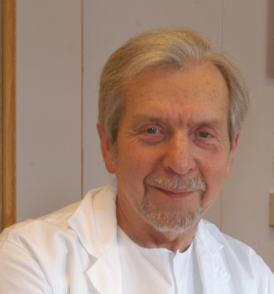Selenium is an essential mineral for humans and animals. Selenium deficiency can occur at low dietary intake levels. Sub-optimal and deficiency levels of selenium are associated with negative health outcomes [Wesolowski 2022; Bomer 2020].

Selenium is best known for its biological role as a component of antioxidant selenoproteins, in particular the glutathione peroxidases and the thioredoxin reductases. These antioxidant enzymes protect against
oxidative stress, reduce the extent of systemic inflammation, and regulate
cell death [Wesolowski 2022].
In addition, selenium as a constituent of some 25 known selenoproteins has a variety of physiological functions beyond the antioxidant capabilities. One of the more interesting roles of selenium is the promotion of mitochondrial bio-genesis in skeletal muscle [Wesolowski 2022].

